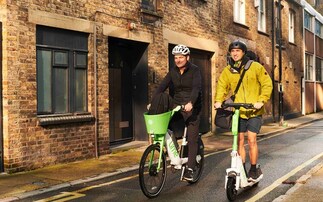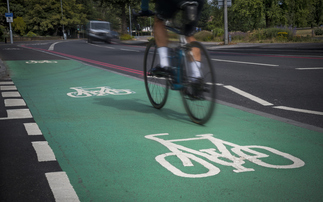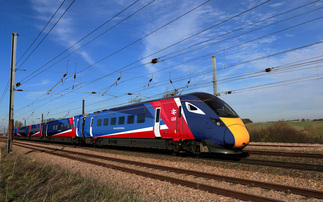The driver-less pods arriving in Milton Keynes next year could be the start of the technology truly taking off
Google's self-driving cars have been driving through America for quite a while now. They have driven a combined 400,000 miles in total with the only reported incident relating to a third party's error....
To continue reading this article...
Join BusinessGreen
In just a few clicks you can start your free BusinessGreen Lite membership for 12 months, providing you access to:
- Three complimentary articles per month covering the latest real-time news, analysis, and opinion from Europe’s leading source of information on the Green economy and business
- Receive important and breaking news stories via our daily news alert
- Our weekly newsletter with the best of the week’s green business news and analysis






